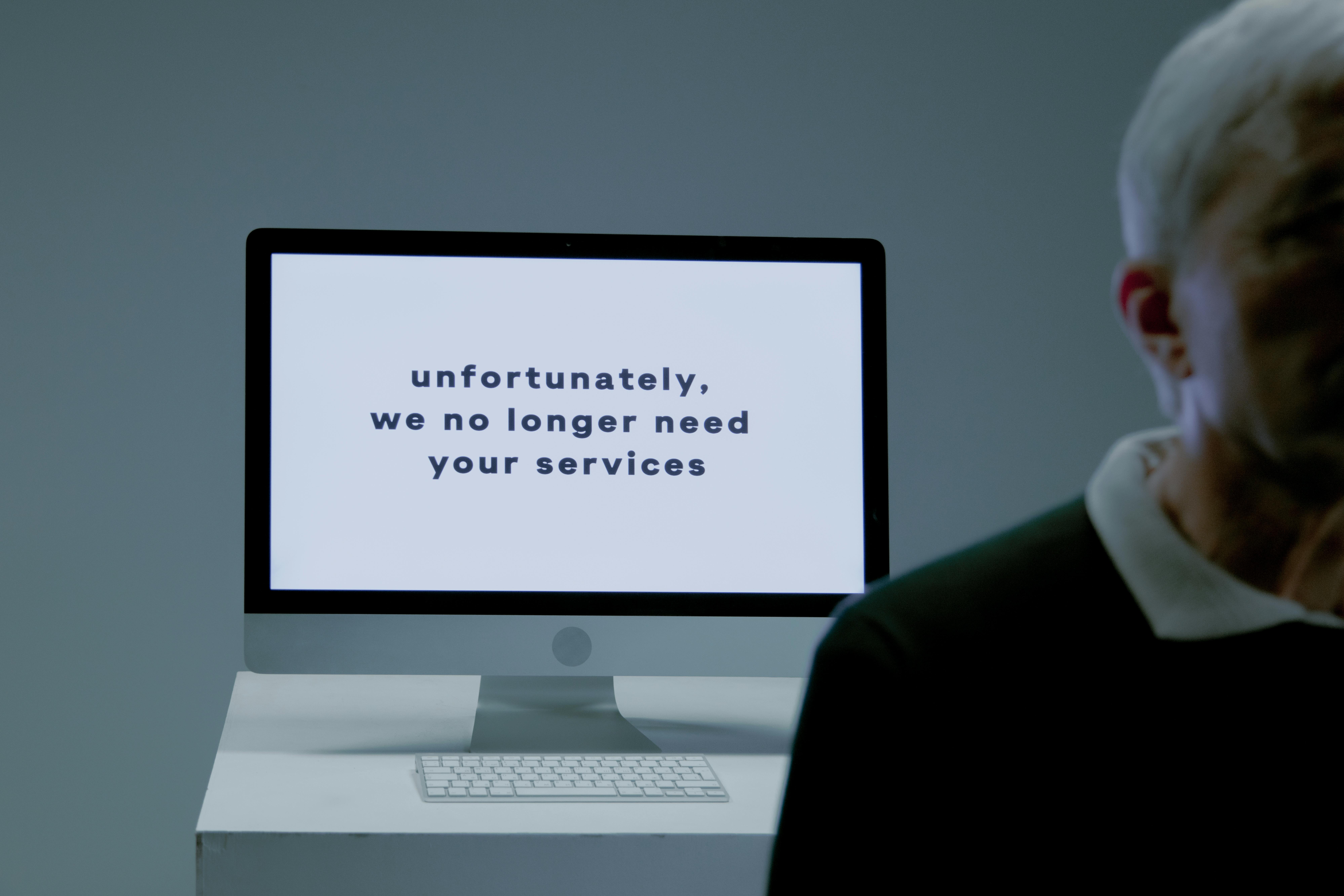Introduction
Navigating legal resources has never been easier with the expansion of the digital landscape and the growing diversity of information available within the legal industry. This abundance has empowered individuals to seek a better understanding of the justice system. However, when navigating legal resources independently, one must proceed with caution. Challenges around accuracy, relevance and ethical boundaries are common. The consequences of relying on inaccurate or misleading information can include adverse case outcomes, financial penalties, harm to professional reputation and ethical breaches.
Types of Legal Publications
Publications in all forms aim to engage and educate an audience on more specific topics, one’s that typically argue upon contentious issues with the industry. They may include qualitative and quantitative research, references to case studies, case law and other articles. Given the personalised nature of such publications and their purpose of presenting an argument it is recommended that one should avoid articles that have headlines aimed to ‘clickbait’ or use language that over sensationalize the topic. It is more common for articles published by an institution (i.e. University or Research Centre) to include footnotes, endnotes and references to their sources whereas online sources may lack this additional information. By considering the intended audience one can recognise bias, exaggerated claims or attempts to sensationalise a topic.
Legal publications vary in reliability and purpose:
- Peer-reviewed journals (e.g. UNSW Law Journal, Melbourne University Law Review) undergo rigorous review and provide in-depth analysis, suitable for academic and complex arguments.
- Law firm articles (e.g. Clayton Utz, Allens) offer timely updates and practitioner insight, but typically include disclaimers and lack peer review.
- Media sources (e.g. The Australian, ABC) simplify complex legal stories for a general audience. These must be cross-referenced with primary legal sources.
Use peer-reviewed sources for detailed analysis, firm updates for current developments, and media only as a starting point or context.
Legal Databases
Digital and physical databases provide a wide variety of resources given their ability to store precedents and archived information. Databases provided via employment may be useful in setting up precedent’s and present the opportunity to verify research with senior members and colleagues.
These may include:
- Public Libraries databases (i.e. State Library of New South Wales)
- Institutional Library databases (University libraries)
- Databases accessed through employment.
- Subscription based:
| Platform | Access Type | Best Use Cases |
| Lexis Advance | Subscription | Annotated legislation, case citators (CaseBase), detailed commentary |
| Westlaw AU | Subscription | Comprehensive legal encyclopaedia (The Laws of Australia), KeyCite citator |
| JADE.io | Free (plus pro tier) | Citator (CaseTrace), alerts for new cases, fast access to judgments |
| AustLII | Free | Authoritative source for legislation and unreported judgments |
It is important to note that resources that are not publicly available may be privileged and not to be copied or distributed outside of the institution.
Forums and Social Media
Online forums have recently increased in popularity due to their accessibility, platform for open discussion, and level of candidness. Although most platforms detail who the writer of a post is, some allow participants to remain anonymous therefore it becomes more difficult to verify a source. Due to the more casual nature of these forums, members may post, deriving their knowledge from personal experience with posts being heavily anecdotal.
Popular Forums include:
- LinkedIn – Encourages networking and provides from professionals, allows you to connect with passively or directly with companies.
- Social Media (i.e. Facebook, Instagram, Reddit, TikTok) – Shorter, simplified, and condensed information from mostly verified sources.
- University Law Societies – Operated by students and governed by academic or administrative staff that collaborates with legal firms, charities and professionals
- Group Chats – Good for quick information from peers about events, deadlines and instructions but not to be used to collude or share notes.
Remember to Always:
- Treat anecdotal posts as leads, not authority.
- Verify all legal points using primary sources.
- Confirm jurisdictional relevance.
- Avoid reliance on legal “hacks” or non-lawyer advice.
Seminars and Legal Events: CPD and Learning Opportunities
Seminars are a highly interactive, engaging and interpersonal experience that allow those entering the industry to network and understand more about their profession from those experienced. Whether held remotely, in person or in a hybrid, setting seminars, conferences and events allows their audience to raise questions of concern and ask for further clarity or transparency on an issue. Organised by leading institutions or firms in the industry they are more likely to be a verified source. However, in the instance that such gatherings are not intended to be advertised, recorded or open to the public, panelist may present in a way suited only to the needs of their institution, therefore narrowing the scope of information available.
Reputable seminars are excellent for staying updated. Key providers include:
- Law Society of NSW: CPD-accredited events with credible speakers.
- Legalwise: Practical and diverse CPD sessions.
- Universities: Public lectures and specialist panels.
Evaluate events based on organiser reputation, speaker credentials, and materials provided. Avoid sessions that double as marketing pitches.
Legal Research: Recognising the Signs
The following are signs that your resource is likely not appropriate to be used for research:
- URL links within a browser that are not listed as ‘secure’ or ‘not private’
- Resources and links that are blocked by your institution certificate
- Platforms that do require the setup of two-factor authentication
- Platforms that require translation
- Website with excessive advertisements and ‘pop up’ offers.
Common Pitfalls When Navigating Legal Resources
Common ‘pitfalls’ include:
- Outdated Law: Failing to check current versions of statutes or case law can lead to incorrect legal advice.
- Jurisdictional Errors: Citing interstate or overseas law without checking its relevance to NSW.
- Invalid Precedents: Not using citators (e.g. CaseBase, KeyCite, CaseTrace) to verify whether a case remains good law.
- Misuse of AI or Summaries: Over-relying on chatbots or headnotes without reviewing full cases or legislation.
- Poor Citation Practice: Failing to use pinpoint references or correct formats (e.g. AGLC4), leading to confusion or professional embarrassment.
Real Consequences
Improper research can cause:
- Dismissal of arguments due to incorrect authority.
- Judicial criticism and damage to reputation.
- Ethical breaches
- In extreme cases, sanctions or professional complaints.
- A notable example includes U.S. lawyers sanctioned for citing AI-generated, non-existent cases. In Australia, courts have also rejected pseudolegal claims promoted via online forums.
Effective Legal Research Strategies
- Refining your search using filters relevant to your jurisdiction
- Comparing resources that are similar.
- Using Specific Key words to narrow your scope of research
- Checking if a resource has relevant qualifications and verifications.
- Seeking Professional Advice
Conclusion
Although qualified legal professionals have an undertaking to their client to provide legal advice and become their advocate, navigating existing legal resources is an important first step. If research is not conducted in a way that retrieves accurate information or breaches ethical standards what grows is false assumptions, risk of breaching privacy and contentions between client and practitioner. Ultimately, Legal professionals within the contemporary era must accept and face the inevitability of the increase of self-conducted, independent research.
Jake McKinley notes that this article is written for the purpose of providing generalised information and not to provide specialised legal advice. If you require qualified legal advice on anything mentioned in this article, our experienced team of solicitors at Jake McKinley are here to help. Please get in touch with us on 02 9232 8033 today to make an enquiry.




